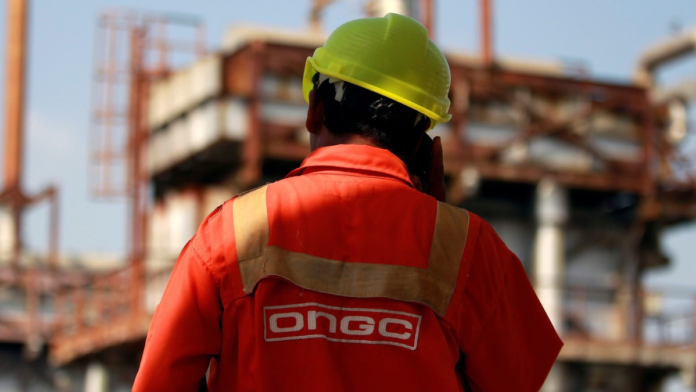ONGC on January 31 announced its standalone and consolidated results for the quarter ending December 31, 2024, through an exchange filing. The company reported a 6.92% decline in its consolidated net profit. Let’s take a look at the varying views by leading brokerages regarding the company’s future performance.
In early trading hours today, February 4, the ONGC share price is up by 2.23%, trading at Rs 254.35.
1. What do brokerages say? CLSA: Strong conviction in production growth, but cautious on profitability
The brokerage firm, CLSA maintained a High Conviction Outperform rating on ONGC with a target price of Rs 360 per share. According to the brokerage firm, ONGC’s standalone Q3 EBITDA exceeded estimates, primarily driven by factors such as the stronger than expected oil and gas sales volumes. On the flip side, the profit fell short of expectations by 11% due to the result of higher recouped costs.
Furthermore, the brokerage house believes that ONGC is on track to meet its production growth guidance for new fields. It also cited the benefits from rising shares of new well gas in its output over the next few years.
However, the brokerage firm has cut its FY25 EPS estimate by 5% due to cautious outlooks on the company’s production and profitability.
Also ReadMotilal Oswal’s top 5 stock picks post Budget 2025 Jefferies: Favorable risk-reward outlook with strong production expectation
The international brokerage house, Jefferies remained positive on ONGC. The firm has maintained its But rating with a target price of Rs 375. It also highlighted that ONGC’s production growth outlook over the next few years, particularly from 2025 to 2028, looks strong.
According to the brokerage firm, the partnership with BP is expected to revive production from ONGC’s largest field. Furthermore, the firm has raised its FY26/FY27 earnings estimates by 2% and 4%, respectively.
Nuvama: Cautious stance amidst production concerns
The brokerage firm, Nuvama remained cautious on ONGC and maintained a Reduce rating with a target of Rs 233. According to the firm , one of the primary reasons for this is the company’s track record of missing its production guidance.
The firm in its report pointed out that there is also uncertainty related to whether the partnership with BP will only help arrest the decline of Mumbai High field production or drive actual growth.
» Read More


